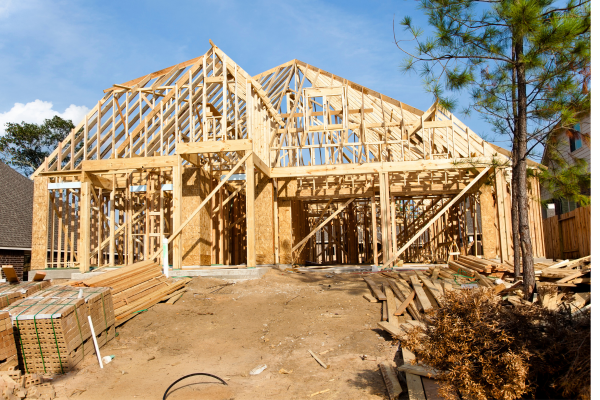- Home
- About
- Sellers
- Buyers
- Ask Amy
- Areas
- All Areas
- Apex, NC
- Burlington- Graham, NC
- Cary, NC
- Chapel Hill- Carrboro, NC
- Clayton, NC
- Durham, NC
- Fuquay-Varina, NC
- Garner, NC
- Hillsborough, NC
- Holly Springs, NC
- Knightdale, NC
- Mebane, NC
- Morrisville, NC
- Oxford, NC
- Pittsboro, NC
- Raleigh, NC
- Rolesville, NC
- Roxboro, NC
- RTP
- Sanford, NC
- Wake Forest, NC
- Wendell, NC
- Willow Spring, NC
- Zebulon, NC
- Contact
- Home
- About
- Sellers
- Buyers
- Ask Amy
- Areas
- All Areas
- Apex, NC
- Burlington- Graham, NC
- Cary, NC
- Chapel Hill- Carrboro, NC
- Clayton, NC
- Durham, NC
- Fuquay-Varina, NC
- Garner, NC
- Hillsborough, NC
- Holly Springs, NC
- Knightdale, NC
- Mebane, NC
- Morrisville, NC
- Oxford, NC
- Pittsboro, NC
- Raleigh, NC
- Rolesville, NC
- Roxboro, NC
- RTP
- Sanford, NC
- Wake Forest, NC
- Wendell, NC
- Willow Spring, NC
- Zebulon, NC
- Contact





